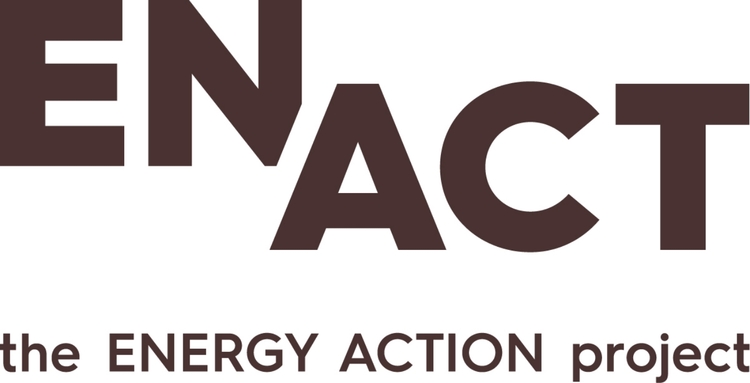In 2020, as part of its goal to be carbon-neutral by 2030, the City of Valencia (Spain) launched L’Oficina de l’Energia (The Energy Office) with the specific aim of helping people vulnerable to energy poverty.
L’Oficina dedicated much of its first full year to gathering data on who is affected and to what degree. Multi-generational households represent the largest share (~59%), followed by single-parent (~22%) and single-person households (~20%), while two-parent households with minors make up most of the remainder (~11%). [1]
Across all groups, the median household income is ~EUR 700/month. With a median energy expenditure of 25% of available income, most are in severe energy poverty and debt to energy companies is very high. Unsurprisingly, L’Oficina found that ~65% of their clients report suffering from anxiety and emotional stress linked to their energy vulnerabilities.
L’Oficinia de l’Energia is a public service agency funded by the City of Valencia (Spain) to help people struggling to keep up with energy needs and costs. Photo: Maximiliano Braun, ©2022
Still reeling from the economic effects of the COVID-19 pandemic and now facing the sharp spike in energy prices triggered by the Russian invasion of Ukraine, Spaniards are – like many citizens everywhere – in increasingly dire straits.
L’Oficina has become overwhelmed, says Sara Guaita Más, who serves as a Right to Energy Advisor and a Social Worker. Of 421 queries to date, they are currently managing 124 open cases related to the ‘right to energy.’
To learn more about L’Oficina and how it helps vulnerable people, EnAct followed Guaita Más and colleagues as they stepped up for Lydia, whose situation reflects an increasing number of extreme cases.
“I only turn the heating on in the bathroom before I bathe my 2-year-old daughter,” says Lydia.[2] “I try to spend no more than EUR 30 per month on electricity.”
At l’Oficina, Sara Guaita Más helps people understand their rights and also the energy markets, including tariffs for residential clients. Photo: Maximiliano Braun ©2022
Click here or on IN-DEPTH above for more photos and text.
Or here to access L’Oficina de l’Energia.


